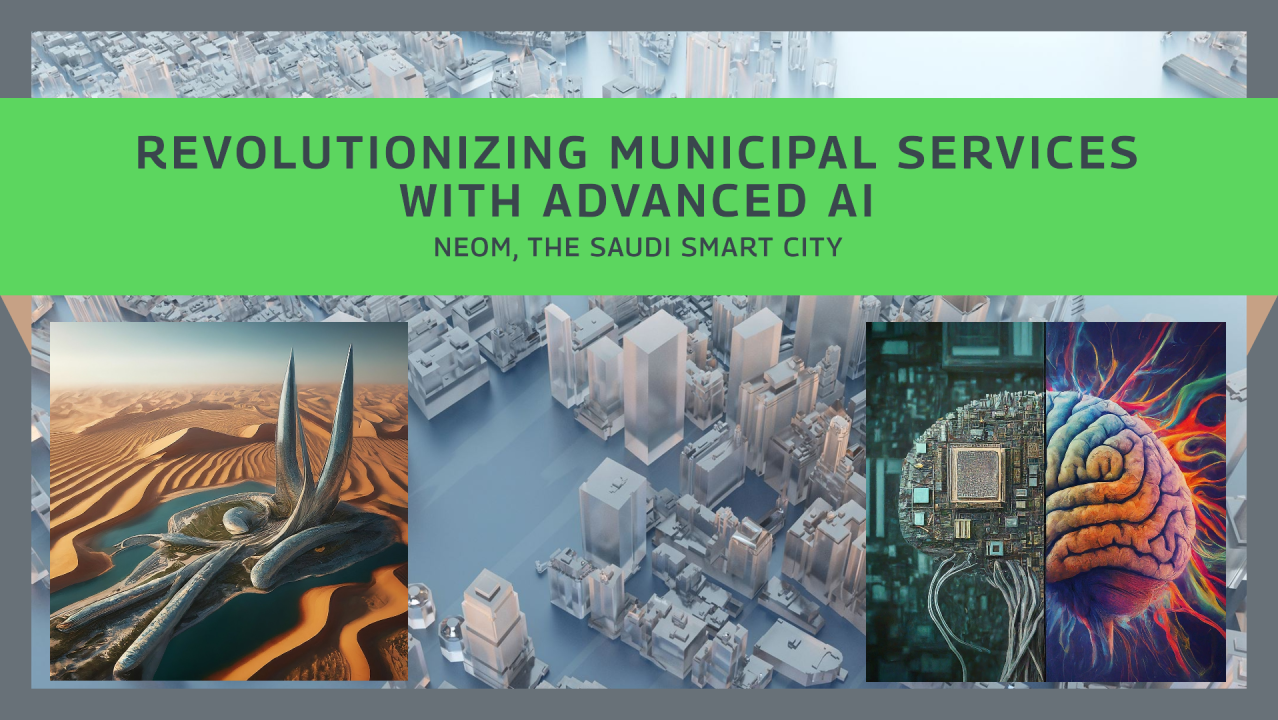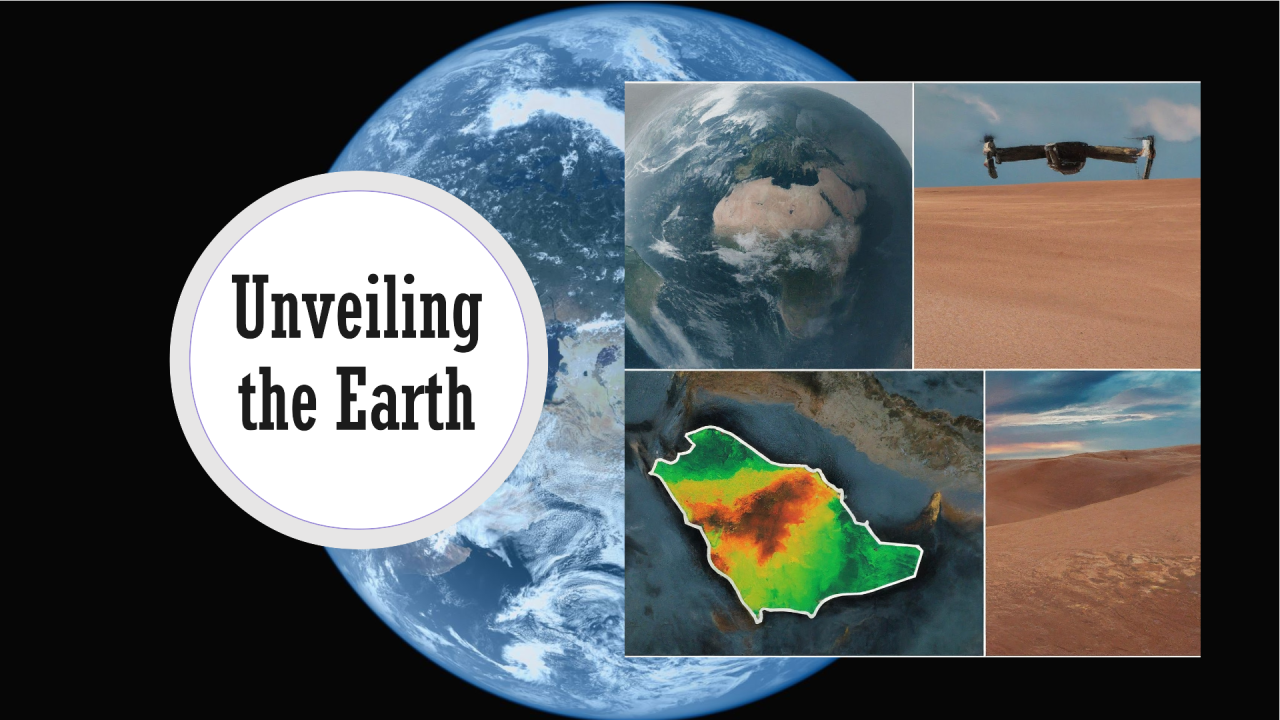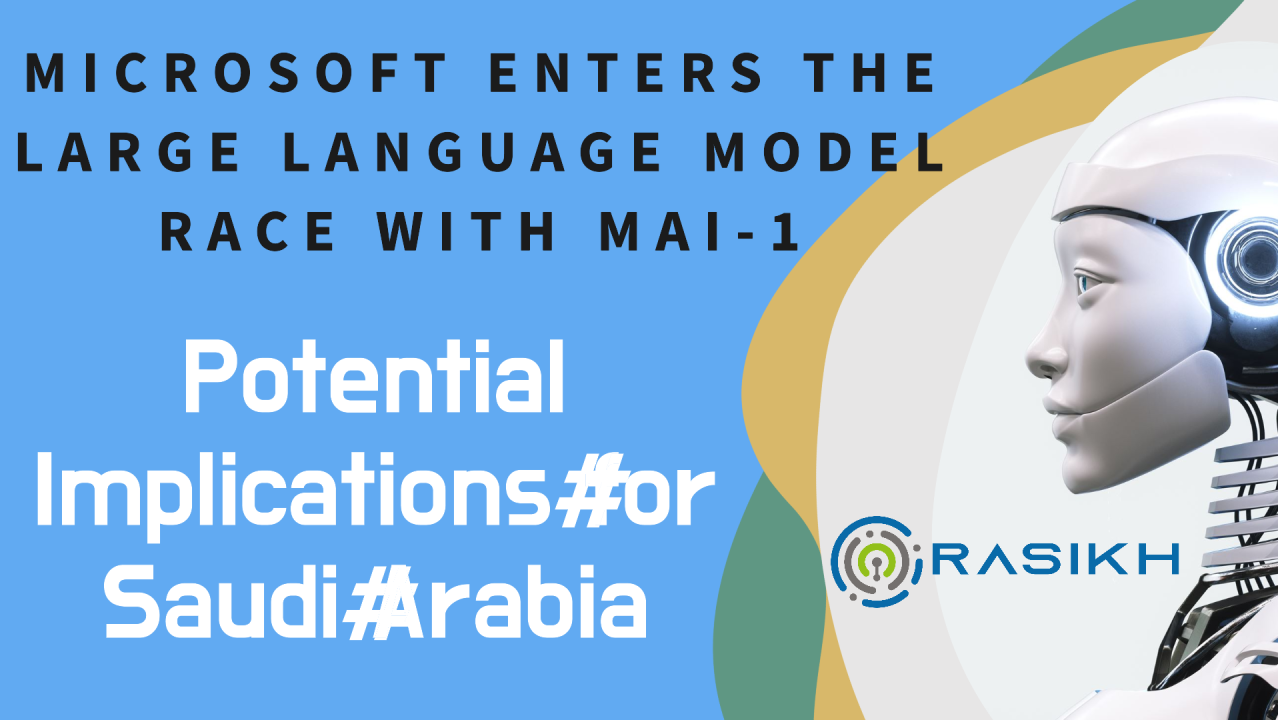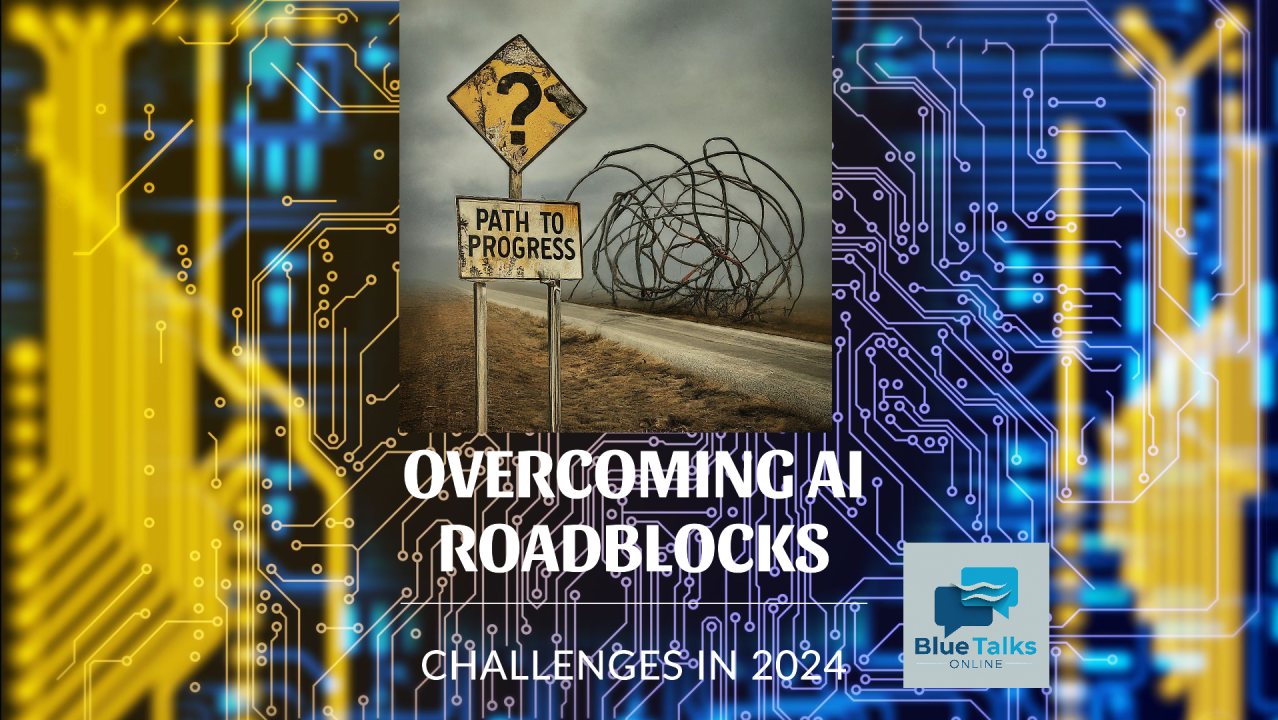Cities are the lifeblood of our civilization, but managing them efficiently and sustainably presents a constant challenge. Fortunately, advancements in Artificial Intelligence (AI) are offering innovative solutions to streamline municipal services and improve the lives of urban residents. Let’s delve into how AI is transforming the way our cities operate.
Optimizing Infrastructure and Resource Management:
- Predictive Maintenance: AI algorithms can analyze sensor data from traffic lights, water grids, and power lines to predict potential failures before they occur. This proactive approach minimizes service disruptions, saves costs associated with reactive repairs, and improves overall infrastructure efficiency.
- Smart Waste Management: AI-powered systems can optimize waste collection routes, taking factors like bin fullness and traffic patterns into account. This reduces fuel consumption, minimizes environmental impact, and ensures timely waste collection.
- Energy Efficiency: AI can analyze energy usage patterns in buildings and public spaces. This data can be used to optimize energy consumption, reduce costs, and promote sustainable practices.
Enhancing Public Safety and Security:
- Crime Prediction and Prevention: AI can analyze historical crime data to identify areas with high crime rates and predict future crime occurrences. This empowers law enforcement to allocate resources effectively and proactively prevent crime.
- Traffic Management: AI-powered traffic management systems can analyze traffic flow in real-time, adjusting traffic signals and recommending alternative routes to reduce congestion and improve safety on roads.
- Emergency Response Optimization: AI can analyze emergency calls and dispatch the most appropriate resources based on the situation. This can lead to faster response times and improved outcomes in emergency scenarios.
Citizen Engagement and Improved Service Delivery:
- Chatbots and Virtual Assistants: AI-powered chatbots can provide 24/7 assistance to citizens for routine inquiries, appointment scheduling, and accessing city services. This improves accessibility and reduces the burden on traditional call centers.
- Personalized Citizen Services: AI can analyze citizen data to tailor services and communication to individual needs. This can range from targeted public health campaigns to personalized recommendations for social programs.
- Sentiment Analysis and Public Perception: AI can analyze social media data and public feedback to understand citizen sentiment regarding city services and initiatives. This allows city officials to make data-driven decisions and improve responsiveness to citizen concerns.
Challenges and Considerations:
While AI offers immense potential, it’s crucial to address certain challenges:
- Data Privacy: Ensuring the ethical collection, storage, and use of citizen data is paramount. Robust data privacy regulations and public trust are essential for successful AI implementation.
- Algorithmic Bias: AI models can perpetuate biases present in the data they are trained on. Careful selection and curation of training data is critical to mitigate bias and ensure fair outcomes.
- Transparency and Explainability: It’s important to understand how AI systems arrive at their decisions. Explainable AI techniques can help build trust and ensure responsible implementation.
Conclusion:
Advanced AI presents a transformative opportunity to improve the efficiency, sustainability, and well-being of our cities. By embracing AI responsibly and ethically, we can create smarter, more responsive urban environments that serve the needs of all citizens. As AI technology continues to evolve, the possibilities for revolutionizing our cities are truly limitless.
#AIforCities #SmartCities #MunicipalServices #UrbanTech #FutureofCities #TechnologyforGood Specific #AIWasteManagement #AIPublicSafety #SmartTrafficManagement #AIChatbots #SustainableUrbanPlanning #AIforGood #DataPrivacy #Cybersecurity #AlgorithmicBias #UrbanPlanning #CitizenEngagement #PublicPolicy #Sustainability



